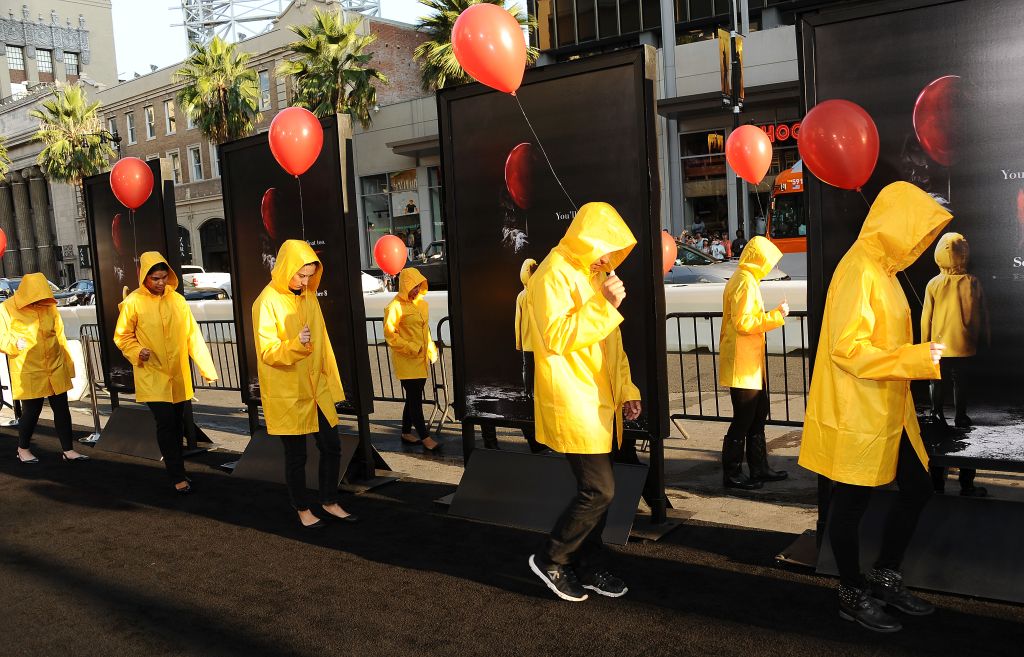
Source: Jason LaVeris / Getty
Like hundreds of thousands of others this weekend, I went to the movies to watch the remake of the classic Stephen King movie It. I laughed. I leapt out of my seat. And I was triggered.
As soon as we’re introduced to Beverly Marsh, she’s being taunted by her peers in the bathroom for being a “slut.” For some reason unbeknownst to us in the audience, everyone in their small town of Derry assumes Beverly is promiscuous. She seems shockingly self-aware of her own sex appeal when she flirts with the town’s pharmacist in order to distract him. But later on, when we meet Mr. Marsh, that reason becomes all too clear.
Any person with a moral compass is thrown off by how Mr. Marsh interacts with his daughter. He leers at her in a skin-crawling manner, calling her his “little girl,” and even at one point pinning her down to the floor, poised to attack her. As the movie progressed, I squirmed more when Bev’s father appeared on the screen than when Pennywise the Clown terrorized Derry residents.
While I cannot say that I personally relate to Bev’s experiences, I know that there are plenty of young women who do. According to RAINN, 82 percent of victims under 18 are female and 80 percent of perpetrators were a parent. While trigger warnings have had a controversial rep in the past, they can help in avoiding instances that may cause traumatic responses. There’s even a Google Chrome extension called Feerless that can help prevent Netflix viewers from seeing graphic or troublesome scenes in movies and TV shows.
So when are we going to get to the place when this will be a norm for live TV shows and feature movies?
While knowing these things about It‘s plot may not have prevented me from seeing the film, I would have at least preferred to be prepared. Everyone deserves to feel safe during their movie going experiences.
















